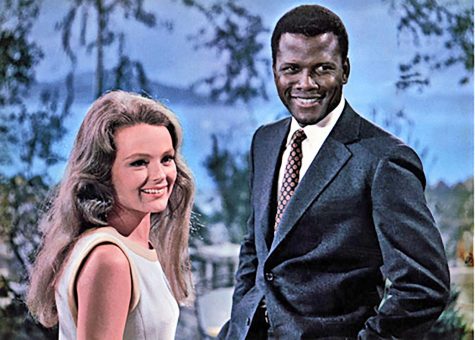Film shows headcases with heart
“It’s Kind of a Funny Story,” the latest film from Anna Boden and Ryan Fleck starring Zach Galifianakis, offers audiences a coming-of-age story for the Prozac generation.
Amidst the hustle and bustle of a career-crazed high school in New York City, 16-year-old Craig (Keir Gilchrist) decides that he cannot cope with the intense academic expectations and contemplates suicide. But, at the last minute, he changes his mind and commits himself to a psychiatric ward at the behest of a suicide hotline.
The movie is based on the life of author Ned Vizzini, who penned the novel of the same name.
“I think [the story] has to do with not feeling alone and not internalizing your problems,” co-director Fleck said in a recent phone interview with Hilltop Views. “I think it’s very easy for us to think that our problems are our own…and I think that opening up and sharing is okay. And I hope…if someone depressed is going in [to this movie] they come out thinking, ‘You know what? I’m not alone.'”
In the ward, Craig meets Bobby (Galifianakis), who has spent years in and out of treatment due to suicide attempts.
Galifianakis said he was drawn to the role because of the script.
“I had seen the other movies [Fleck and Boden] had done, and I had a lot of confidence in them,” Galifianakis said. “I like characters that are fragile and a little bit on the edge. I feel like Bobby was certainly both of those, even though he’s kind of the ‘sage’ to Craig … he still has a couple weaknesses.”
To prepare for his role as Bobby, Galifianakis did a lot of research on mental health, and spent time with actual patients.
“I went to a couple of mental facilities in New Mexico and kind of observed and took notes,” Galifianakis said.
During his stay in the psychiatric ward, Craig begins to learn how to harness his artistic talent and interact with others.
While there were messages in the film for audiences to take away, Gilchirst sincerely hopes everyone will simply enjoy it.
“I think that’s the main purpose of film … to take [people] out of their normal lives,” Gilchrist said. “People gather a message about hope, or I don’t know, finding people and how I guess connections with other people can be healing.”
And what does Galifianakis hope that audiences will take away?
“Society puts too much pressure on young people, and it’s bad…well it’s good for people who work on ulcers, but it’s bad,” he said. “Chill out, young ones, chill out. And those that are chilling out too much … go clean your room and study some.”





